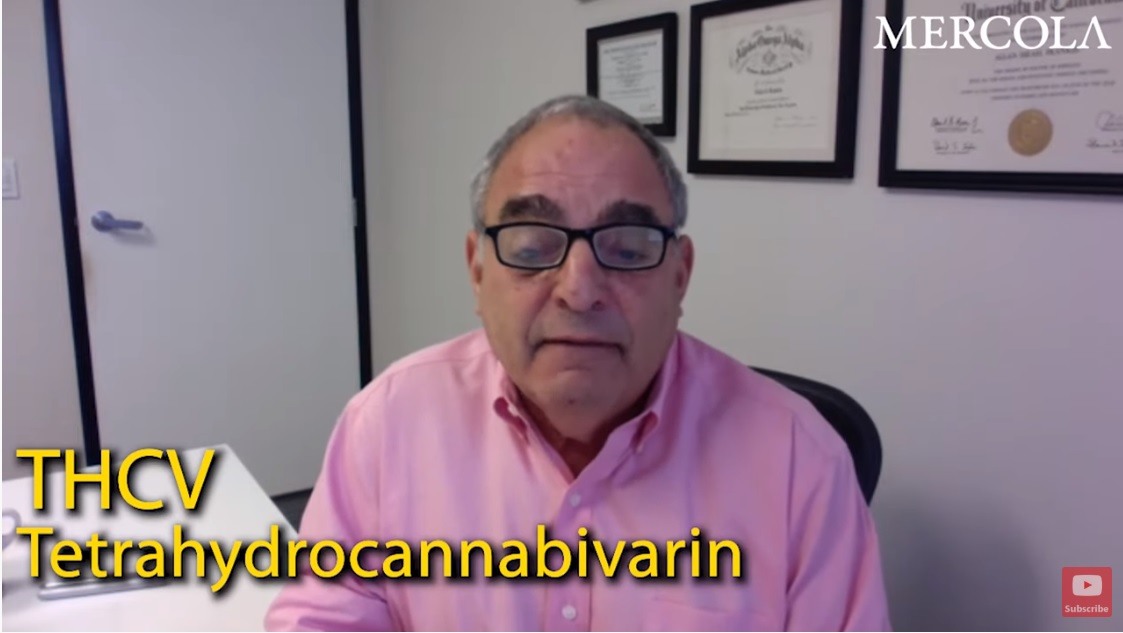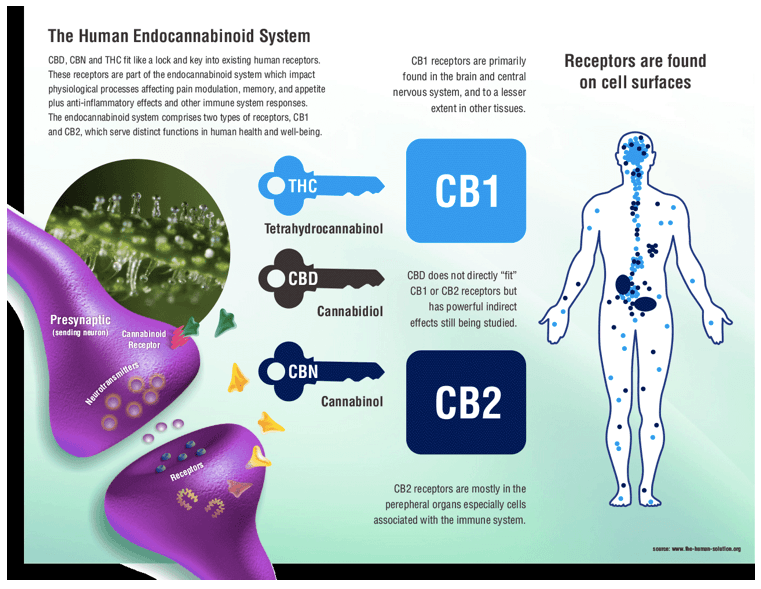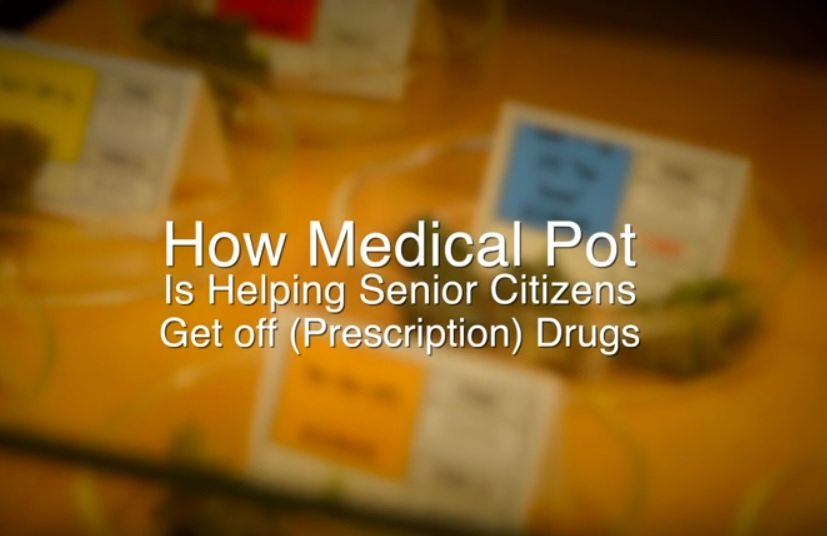The prevailing safety concerns about marijuana from mainstream medicine, mainstream media, and government officials are focused on the brain. Somehow getting “high on pot” is associated with brain damage. And brain damage is the battle cry of marijuana prohibitionists.
An earlier Health Impact News article presented the truth about this myth and how it started. It also provides information that points out the fact that cannabis is a brain health herb.
In fact, full spectrum cannabis with THC included has been reported empirically by individuals and scientific studies to do the opposite of damaging the brain: It apparently heals brain damage.
A June 2016 in-vitro study titled, Amyloid proteotoxicity initiates an inflammatory response blocked by cannabinoids, published in Nature Partner Journal – Aging and Mechanics of Disease, used a cultured brain tissue to better study the biochemical and cellular mechanics involved.
The study was conducted at the Salk Institute of La Jolla, California, and coordinated with the University of California in San Diego. The study was funded by The Burns Foundation, The Bundy Foundation, and, surprisingly, the National Institutes of Health (NIH).
From the study:
"Nerve cell death from the accumulation of aggregated or amyloid-like proteins is a common theme in most age-dependent neurodegenerative diseases. However, there are no drugs that significantly inhibit cell death associated with Alzheimer’s disease (AD), Parkinson’s or Huntington’s diseases.
Although other studies have offered evidence that cannabinoids might be neuroprotective against the symptoms of Alzheimer’s, we believe our study is the first to demonstrate that cannabinoids affect both inflammation and amyloid beta accumulation in nerve cells."







